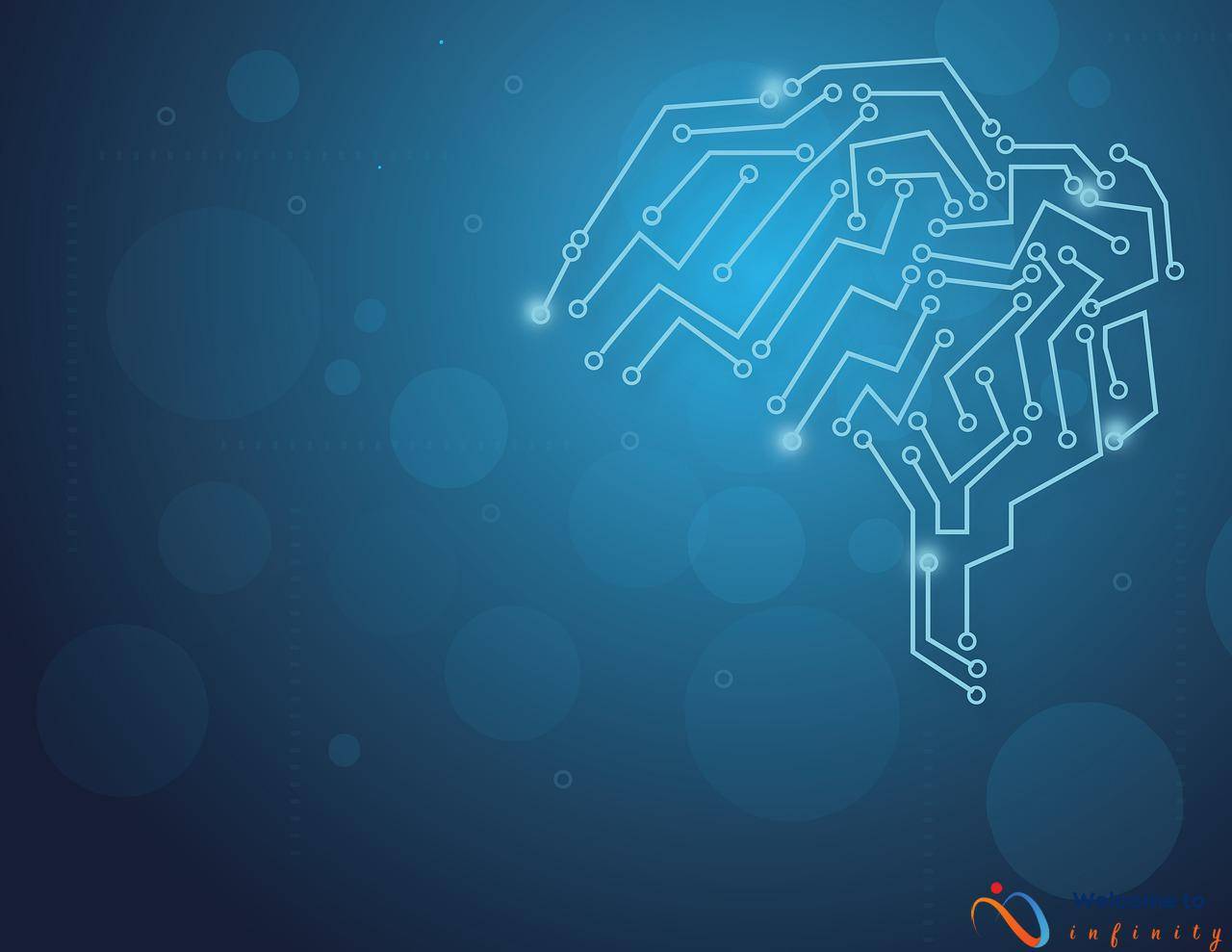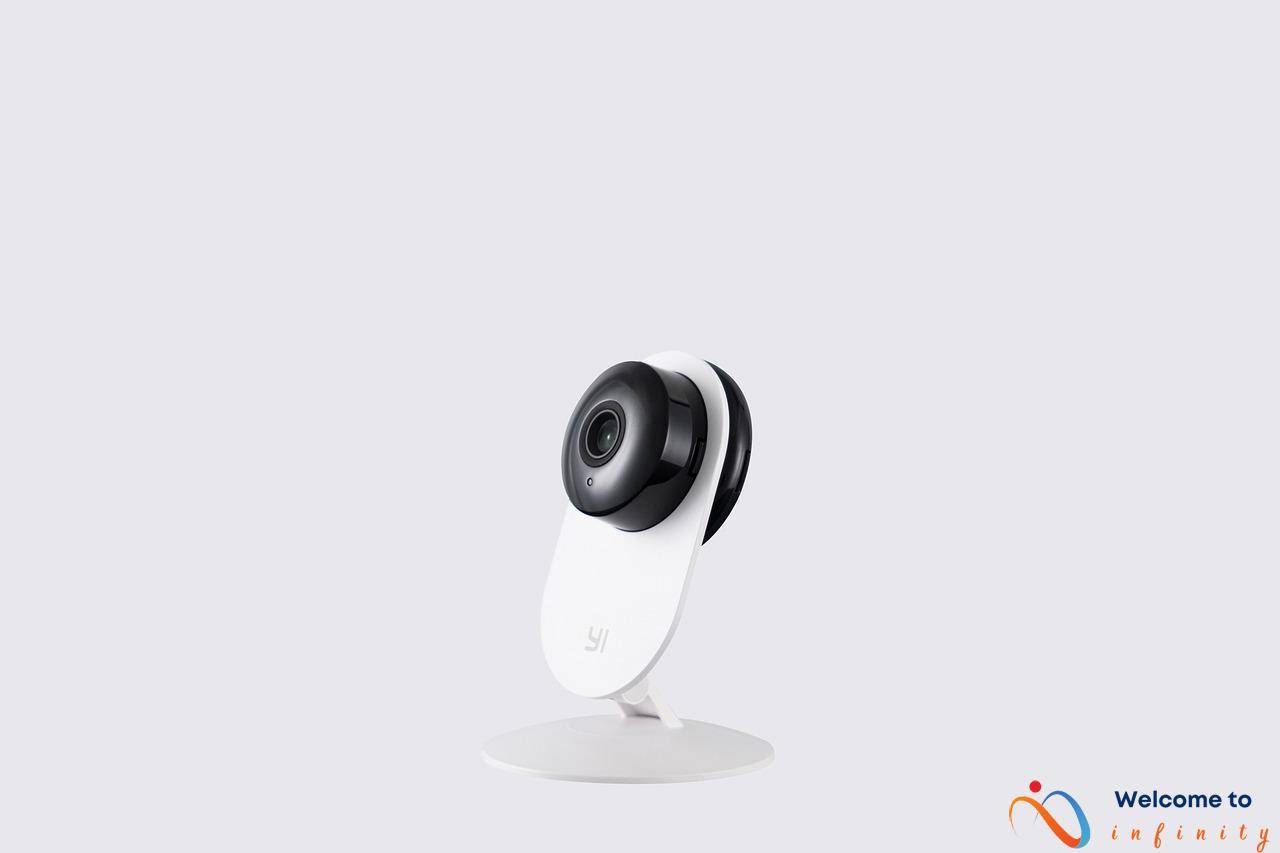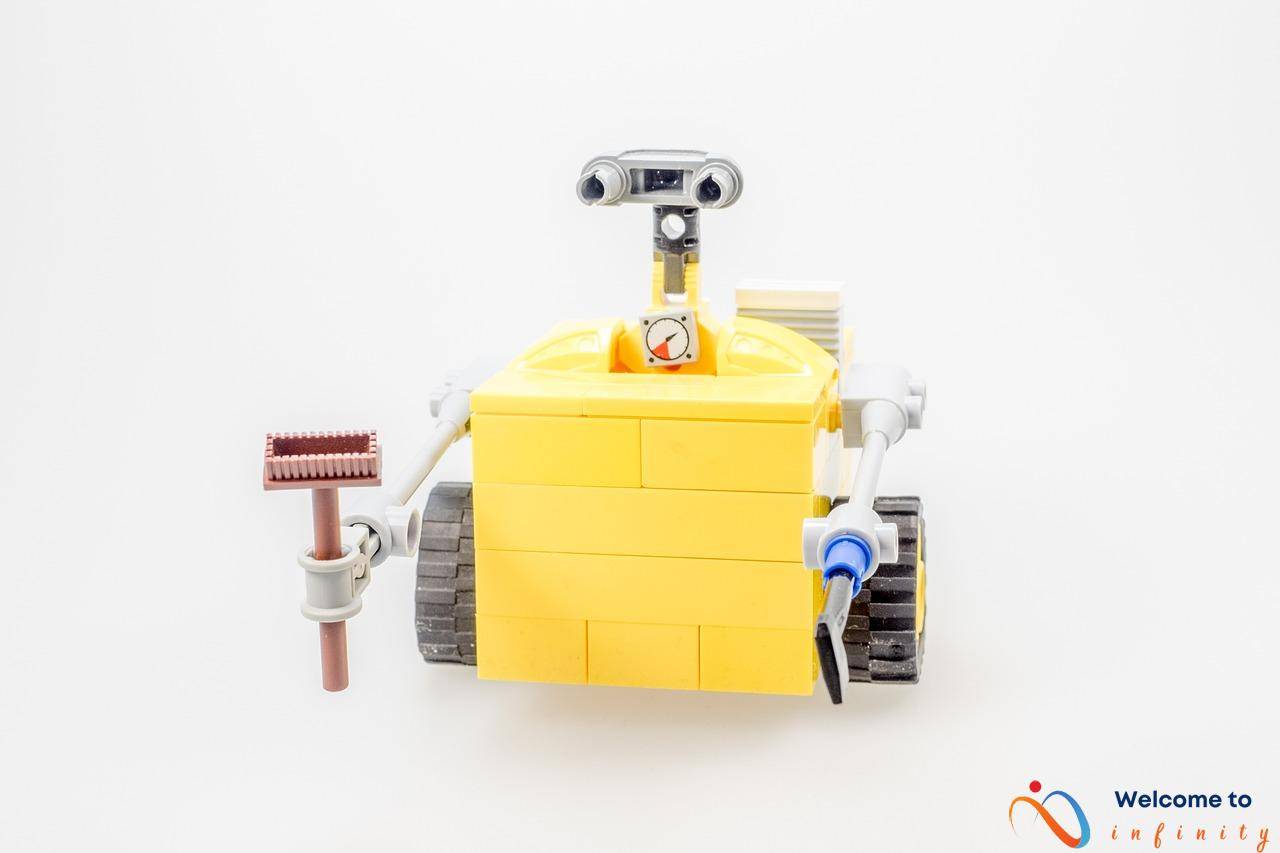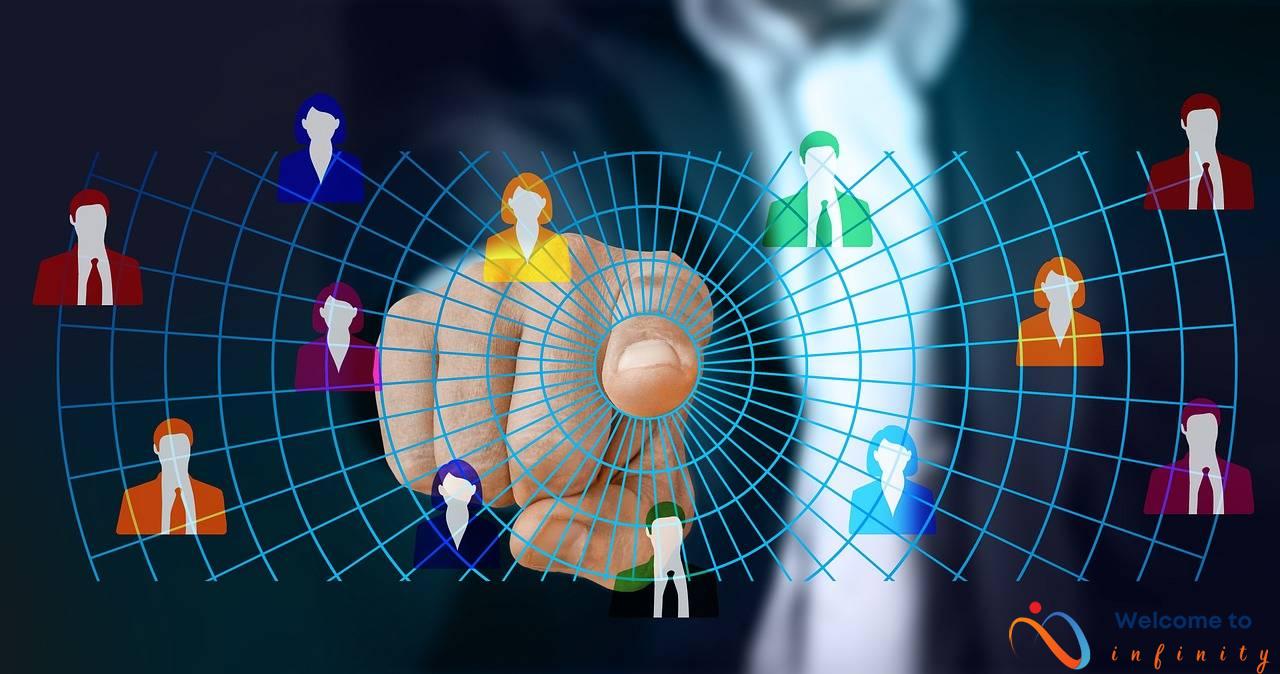Artificial intelligence (AI) is rapidly changing the landscape of mental health diagnoses and therapy. By leveraging advanced algorithms and machine learning techniques, AI has the potential to deliver unprecedented levels of accuracy, objectivity, and personalization in mental health care. This could have a significant impact on the lives of millions of people around the world who are struggling with mental health problems.
The traditional approach to mental health diagnoses and therapy has been subjective and often biased. It relies heavily on the expertise and judgment of mental health professionals, who may have different opinions and interpretations of the same symptoms. This can lead to misdiagnosis, delayed treatment, and poor outcomes.
However, with AI, mental health diagnoses and therapy can be informed by objective data and evidence-based practices. AI algorithms can analyze vast amounts of patient data, including medical history, symptoms, behavior patterns, and genetic information, to identify potential risk factors and make more accurate diagnoses.
Moreover, AI can assist in delivering personalized therapy based on individual needs and preferences. For example, AI-powered chatbots can provide 24/7 support to patients by offering cognitive behavior therapy, mindfulness exercises, and other mental health resources. This can be particularly helpful for people who live in areas with limited access to mental health services.
Overall, the potential of AI in mental health care is enormous. By leveraging the power of technology, we can improve the quality and effectiveness of mental health diagnoses and therapy, reduce the stigma associated with mental health problems, and ultimately, improve the lives of those who are suffering from mental illness.
Artificial Intelligence
Artificial Intelligence (AI) refers to the ability of machines to mimic human intelligence, such as problem solving and learning from experiences. In the context of mental health, AI is revolutionizing the way diagnoses and therapy are conducted. AI has the potential to provide more objective, precise and personalized mental health care to individuals across the world.
AI works by analyzing large amounts of data, including medical records, behavioral patterns and other relevant data to make predictions and generate insights. Machine learning algorithms and natural language processing are two examples of AI technology that are being used in mental health care. These advanced technologies enable computers to learn, identify patterns, and respond to natural language, making the diagnostic process more efficient and reliable.
The potential application of AI in mental health is vast. AI has the ability to identify early signs of mental health disorders, predict outcomes of treatment, provide personalized treatment plans, and monitor symptoms in real-time. Machine learning algorithms can also help identify early warning signs of suicidal behavior, enabling mental health professionals to intervene before it is too late.
While AI has its limitations, its potential to revolutionize mental health care is exciting. With AI-assisted diagnosis and therapy, mental healthcare providers can offer more effective and efficient care to patients. However, it is important to address ethical concerns, such as bias and privacy issues, when implementing this technology.
Current Diagnosis Procedures
Diagnosing mental health problems traditionally involves a lengthy process of consulting with a mental health professional, such as a psychologist or psychiatrist. During this process, the professional evaluates the individual's symptoms, medical history, and other personal information to determine a diagnosis.
Although this process has been used for decades, it is not without its flaws. One limitation of traditional diagnosis methods is the subjective nature of the diagnosis. Mental health professionals rely heavily on their own judgement and interpretation, which can lead to inaccuracies or inconsistencies in diagnoses.
Another limitation is the potential for bias in the diagnosis process. Mental health professionals may unconsciously bring their own biases and assumptions into the diagnosis, which can lead to incorrect diagnoses or a failure to recognize certain mental health problems.
In addition, traditional diagnosis methods can be time-consuming and costly. Patients may need to wait weeks or months for an appointment with a mental health professional, which can delay diagnosis and treatment.
Despite these limitations, traditional diagnosis methods remain the most widely used approach to diagnosing mental health problems. However, advancements in artificial intelligence offer the potential to supplement or even replace traditional methods in the future.
Limitations of Traditional Methods
Traditional methods of diagnosing mental health problems have their limitations. One of the major drawbacks is that these methods often rely on subjective evaluations, which can introduce the possibility of bias. For example, a psychiatrist may be influenced by their own past experiences or cultural background in interpreting a patient's symptoms. Moreover, the mental health professional's own biases may also play a role in how they perceive and diagnose the patient.
Another shortcoming of traditional diagnostic methods is that they often rely on self-reported symptoms from the patient. Patients may underreport or exaggerate symptoms depending on their own beliefs and perceptions. Additionally, mental health professionals may struggle to gain a complete understanding of the patient's symptoms and struggles without prolonged observation and assessments.
Finally, traditional diagnostic methods in mental health care are often associated with lengthy wait times and incurs a hefty price tag, even with the support of insurance. This makes it difficult for more people to gain access to quality mental health care and leads to a lack of diagnosis and prevention of early mental health indicators.
Overall, the pitfalls of traditional methods of diagnosing mental health challenges make the application of artificial intelligence (AI) even more necessary. By reducing bias, providing more objective information, and offering a faster and more affordable alternative, AI-supported mental health diagnosis can bridge the gap for a more accessible way of diagnosing and curing mental health issues.
Bridging the Gap with AI
AI has the potential to complement and enhance the current process of diagnosing mental health problems. Traditional methods often rely on subjective assessments, which can lead to biases and limitations in the accuracy of diagnoses. AI can analyze vast amounts of data, including clinical and academic research, personal health information, and even social media activity, to provide more objective, precise, and personalized diagnoses.
One of the most promising applications of AI in mental health diagnosis is the use of predictive analytics. These machine learning algorithms can analyze patterns in an individual's health data to identify early warning signs of mental health problems. By detecting these warning signs early, it may be possible to prevent more severe mental illness and reduce the risks of worsening symptoms.
AI can also assist in the development and implementation of treatment plans for those with mental health issues. By analyzing data on the effectiveness of different treatments and predicting the individual's response to a specific treatment, clinicians can create personalized treatment plans that are tailored to the patient's specific needs.
In addition to complementing traditional diagnosis methods, AI can also improve the efficiency and accuracy of existing assessments. For example, AI-powered diagnostic tools can review medical records and detect subtle changes in behavior and symptoms that may require further evaluation.
While AI offers significant potential for enhancing mental health diagnosis and treatment, there are also concerns about its use. One such concern is the potential for algorithmic bias, where AI may unfairly discriminate against certain individuals or groups based on their race, gender, or other factors.
To mitigate these concerns, it is essential to develop AI-based technologies and tools that are transparent, accountable, and unbiased. This will require a collaborative effort among clinicians, researchers, policymakers and technology experts to ensure that AI is used ethically and responsibly.
AI-assisted Therapy
AI-assisted therapy is a growing field that has the potential to help individuals in need of mental health care. These systems use machine learning algorithms and natural language processing (NLP) to provide personalized recommendations and support to patients.
One application of AI-assisted therapy is through the use of chatbots. Chatbots are computer programs designed to simulate conversation with human users. They can assist in providing 24/7 support to patients and can offer personalized recommendations based on the conversation. In addition, chatbots can be programmed to provide cognitive-behavioral therapy exercises, like relaxation techniques or positive affirmations. They can also help track a patient's progress and send regular updates to healthcare providers.
AI-assisted therapy can also provide benefits for healthcare professionals. By automating tasks such as intake forms and follow-up assessments, clinicians can save time and focus on more complex cases. The data collected by AI systems can offer insights into patient behavior and the effectiveness of different types of therapy.However, there are also potential drawbacks to AI-assisted therapy. Privacy concerns and biases in algorithmic decision-making can lead to ethical issues. It is essential that data collected by AI systems is kept secure and privacy is maintained. It is also necessary to ensure that biases are not introduced into the system, which could impact the accuracy and fairness of recommendations.Overall, AI-assisted therapy has the potential to revolutionize mental health care. It can offer personalized support to patients and provide valuable insights to healthcare professionals. As the technology continues to develop and improve, we can look forward to a future where mental health care is more accessible, efficient, and effective for individuals around the world.
Chatbots And Their Role
Chatbots are one of the most promising applications of AI in mental health therapy. They offer a convenient and accessible platform for individuals seeking mental health support. Chatbots can be used to provide basic information about mental health problems, offer emotional support, and provide therapy sessions. Additionally, chatbots can offer personalized therapy sessions that are tailored to an individual's specific needs and preferences.
The use of chatbots in therapy has proven to be beneficial for several reasons. For one, individuals can access therapy sessions from the comfort and privacy of their homes. This eliminates the need for face-to-face sessions, which can be inconvenient or stressful for some people. Furthermore, chatbots can offer therapy sessions at any time, which is especially beneficial for individuals who have limited access to traditional therapy services.
Chatbots have also been shown to be effective in treating a variety of mental health problems, including anxiety, depression, and post-traumatic stress disorder. Their effectiveness lies in their ability to provide cognitive behavioral therapy (CBT), a form of therapy that is highly effective in treating several mental health problems. CBT can help individuals identify negative thought patterns, challenge beliefs that are not based in reality, and develop healthy coping mechanisms.
However, the use of chatbots in therapy is not without its challenges. Issues of bias and privacy concerns have been raised, and some worry that chatbots cannot replace the human touch that is so crucial in therapy. Nevertheless, chatbots offer a promising and innovative solution to the issue of limited mental health resources, and they have the potential to reach a wider audience than traditional therapy services.
Issues of Bias and Privacy Concerns
As with any technology that handles sensitive personal information and has the potential to impact mental health care, there are a number of ethical questions surrounding the use of AI in mental health therapy. One significant concern is the potential for bias in the algorithms used to diagnose and treat mental health conditions.
Without careful consideration and monitoring, there is a risk that these algorithms could perpetuate existing biases and stereotypes, or even introduce new biases into the diagnosis and treatment process. This could have serious consequences for marginalized communities or individuals who already face discrimination and stigma in accessing mental health care.
Another related issue is the protection of patient privacy. As mental health care becomes increasingly digitized and data is collected and analyzed by AI algorithms, there is a risk that this data could be used for purposes other than improving patient care. This could include targeting vulnerable individuals with advertisements or even sharing their personal information with third parties without their consent.
To mitigate these concerns, it is essential that AI development and implementation in mental health care is guided by strict ethical standards, with a focus on transparency, accountability, and data privacy. This includes conducting regular audits to identify and address biases in algorithms, as well as implementing robust data protection measures to ensure patient confidentiality and informed consent.
Overall, the use of AI in mental health care has the potential to revolutionize the field and provide much-needed support and resources to individuals in need. However, it is essential that the ethical implications are given careful consideration, both to ensure that technology is used for good and to build trust between patients and healthcare providers.
Future Outlook
As the use of AI in mental health diagnoses and therapy becomes more widespread, there are both opportunities and challenges that lie ahead. One of the most significant implications is the potential for earlier and more accurate diagnoses, which could improve outcomes for individuals and reduce the burden on healthcare systems. Additionally, AI has the potential to personalize treatment plans based on individual needs and preferences, leading to more effective and efficient therapy.
However, with these benefits come potential challenges and ethical concerns. There are concerns about the validity and reliability of AI algorithms, as well as the potential for bias and privacy issues. It is crucial for these issues to be addressed to ensure that AI is used safely and effectively in mental health care.
Looking forward, the future of AI in mental health appears promising. Research and development in AI technologies will continue to advance, leading to more precise and personalized mental health diagnoses and therapies. It is essential for mental health professionals to remain informed about these developments and to carefully consider the ethical implications of using AI in their practices.












